A report of the World Health Organisation (WHO) has highlighted significant impacts of ‘Har Ghar Jal’ program on public health and economic savings. The role of safe drinking water in saving lives, empowering women and girls and contributing to ease of living, has been tremendous. The Government of India’s investment in Jal Jeevan Mission has a significant multiplier effect on health.
Highlighting the significant benefits of the programme, Dr V K Paul, Member (Health), NITI Aayog, commended the speed and scale of the programme. He added that a new connection is being added every second and transforming public health in India today. The report has said that ensuring safely managed drinking water for all households in the country could avert nearly 400,000 diarrhoeal disease deaths and with universal coverage of safely managed drinking water in India, almost 14 million Disability Adjusted Life Years from diarrhoeal disease are estimated to be averted, resulting in estimated cost savings of up to $101 billion.
The groundbreaking report of the WHO was launched on 9th June. On this occasion, Dr Paul said that no programme has this kind of direct impact on improving the lives of individuals and families physically, mentally, and financially.
The ‘Har Ghar Jal’ report focuses on diarrheal diseases as they contribute significantly to the overall disease burden related to water, sanitation, and hygiene (WASH) issues. The analysis underscores the urgent need to address these diseases and the potential for substantial gains in public health and economic well-being.
The report has underlined the challenges faced by the people before this programme was launched. It has said, prior to 2019, the situation of water supply in rural areas was challenging. The report reveals that in 2018, 36% of India’s total population including 44% of the rural population, lacked access to improved drinking-water sources on their premises.
According to the report, the direct consumption of unsafe drinking water had severe health and societal consequences. The analysis indicates that in 2019, unsafe drinking water along with inadequate sanitation and hygiene, contributed to 1.4 million deaths and 74 million DALYs globally.
It is worth-mentioning that WHO monitors various Sustainable Development Goal (SDG) indicators including the proportion of the population using safely managed drinking water services and mortality related to unsafe water, sanitation and hygiene. WHO has developed methods and tools to estimate the health gains, particularly in reducing diarrheal diseases and other related health outcomes.
The report emphasizes the tremendous time and effort saved for women and girls through the provision of tap water. In 2018, women in India spent an average of 45.5 minutes daily collecting water to meet household needs. Overall, households without on-premises water spent a staggering 66.6 million hours each day collecting water, with the majority occurring in rural areas. Now, universal coverage through tap water provision is resulting in substantial savings by eliminating the need for daily water collection efforts.

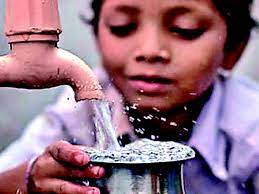


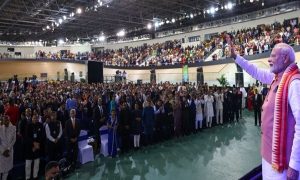

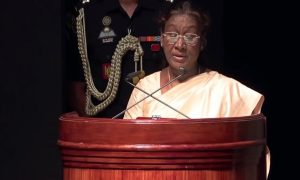



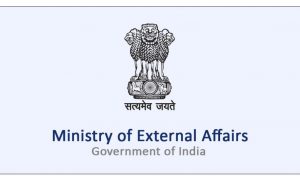













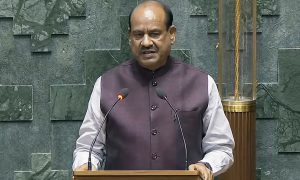

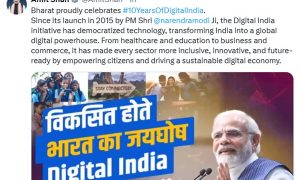

 WhatsApp us
WhatsApp us